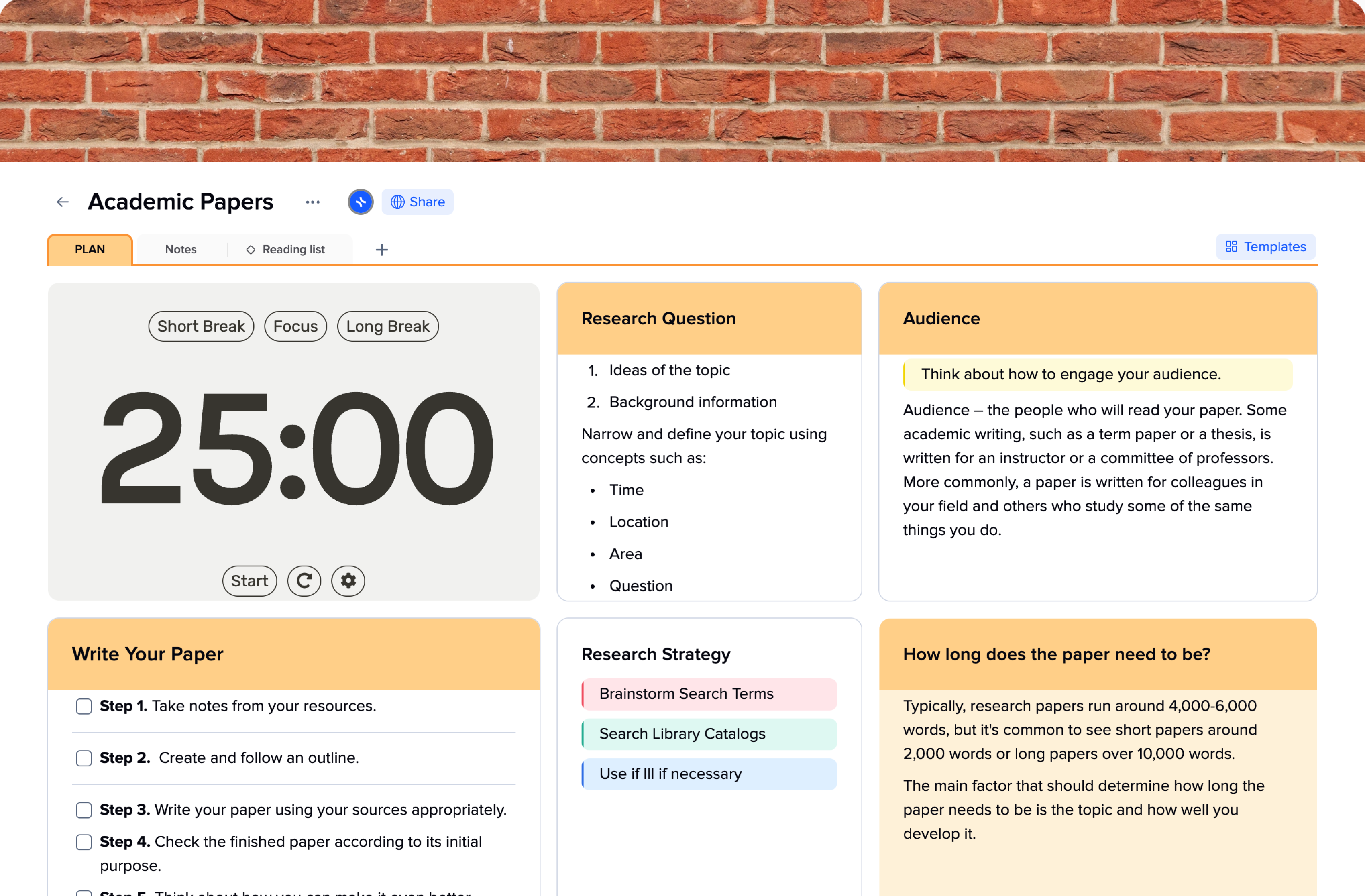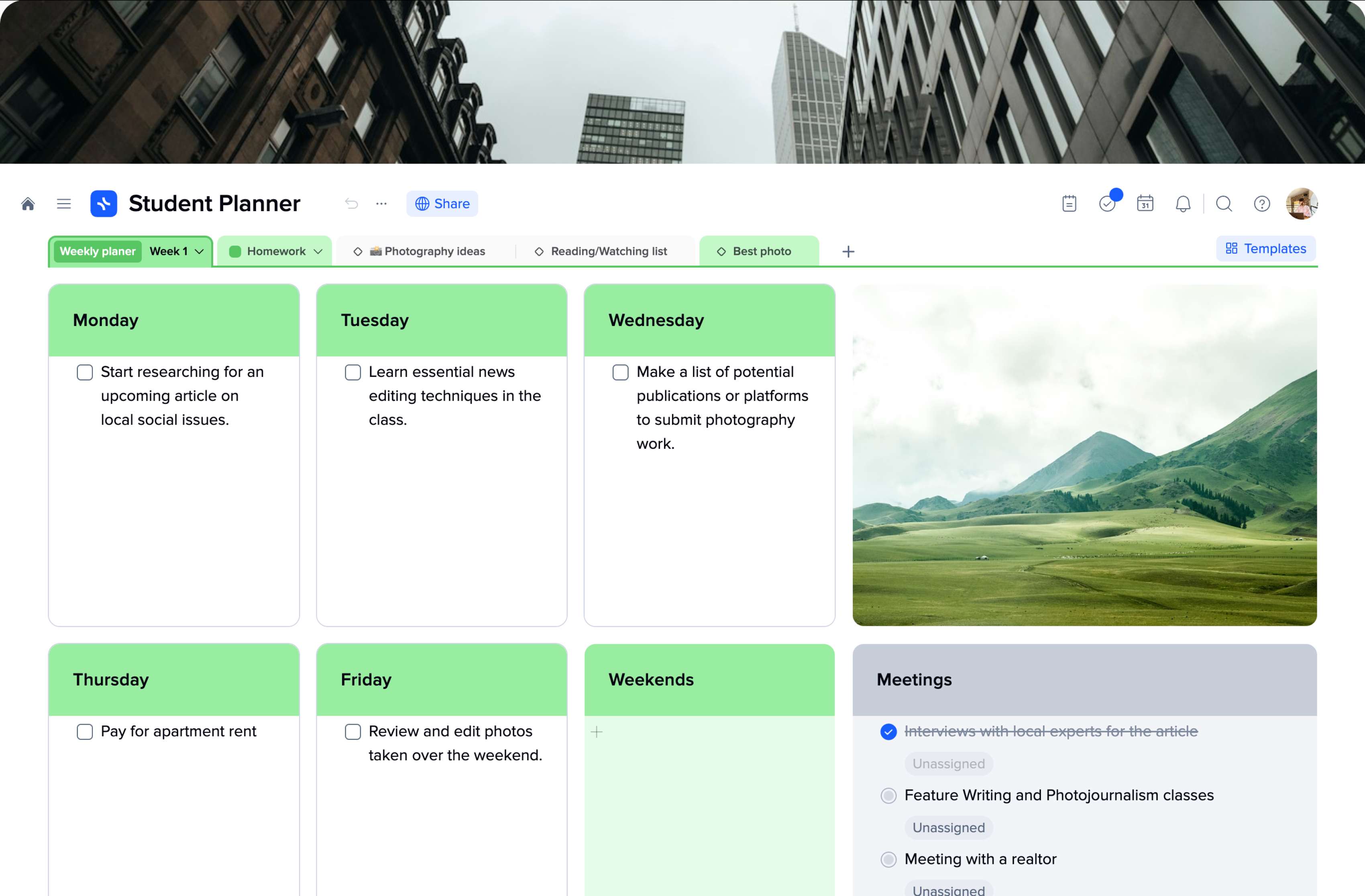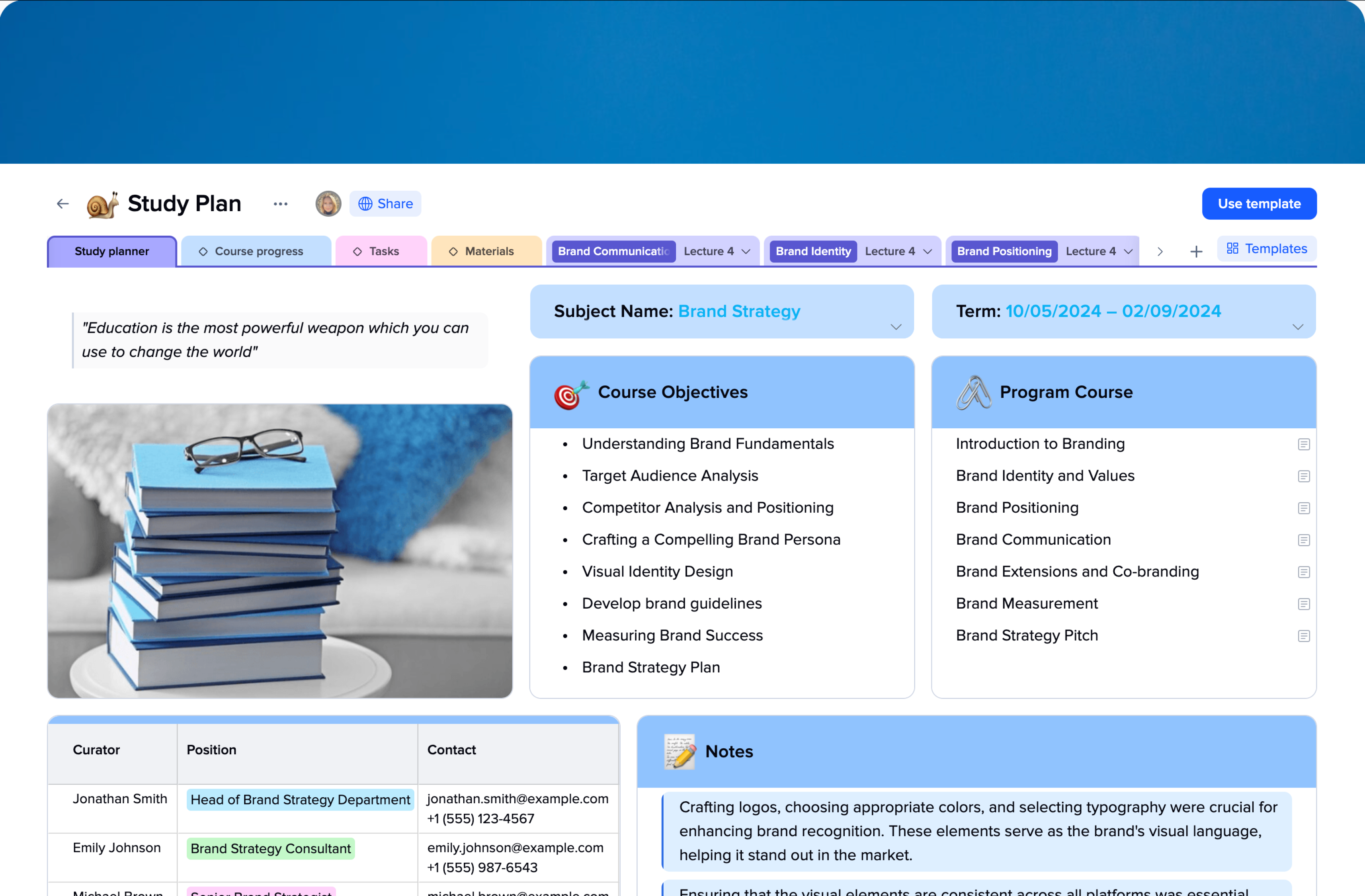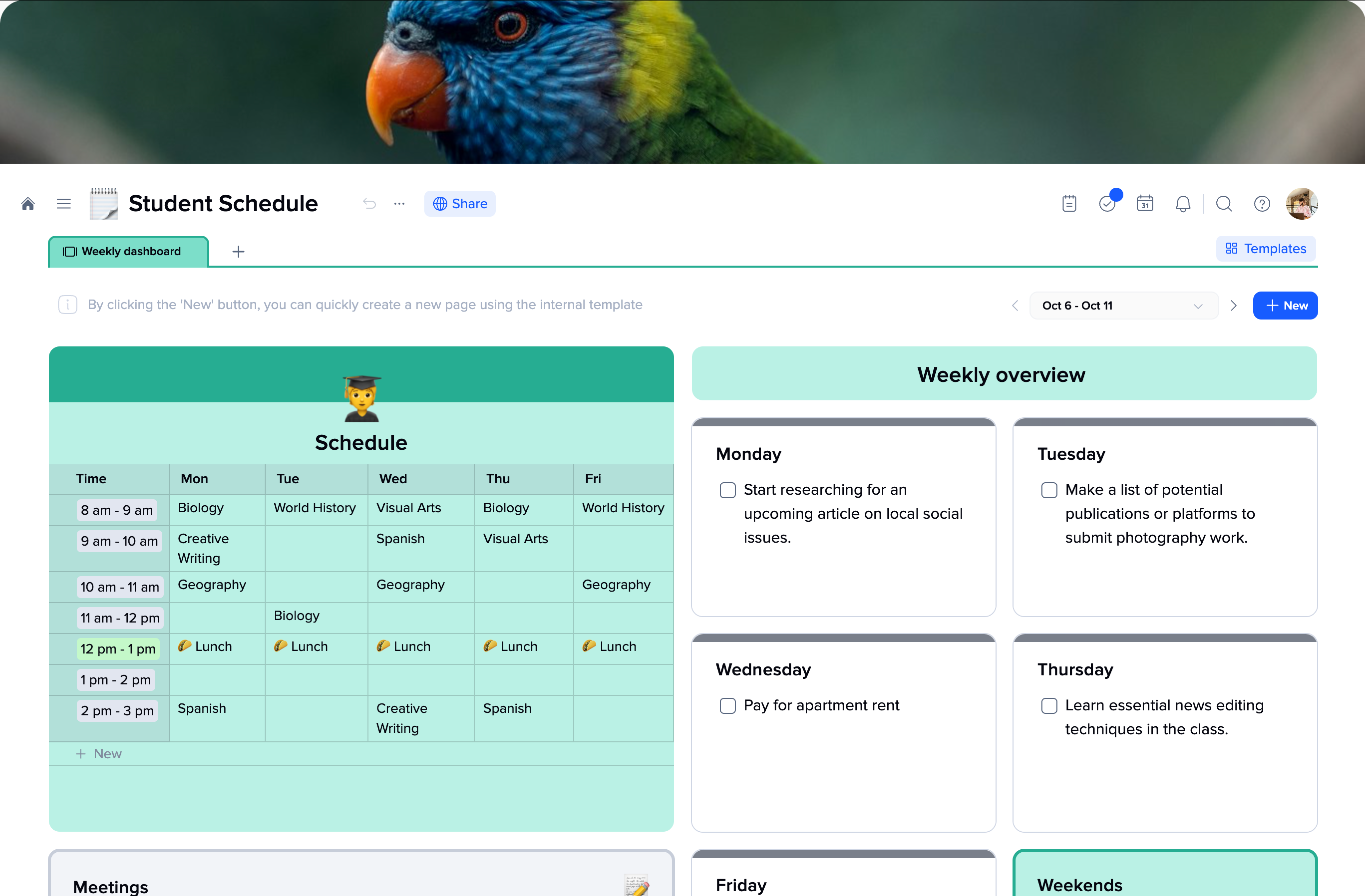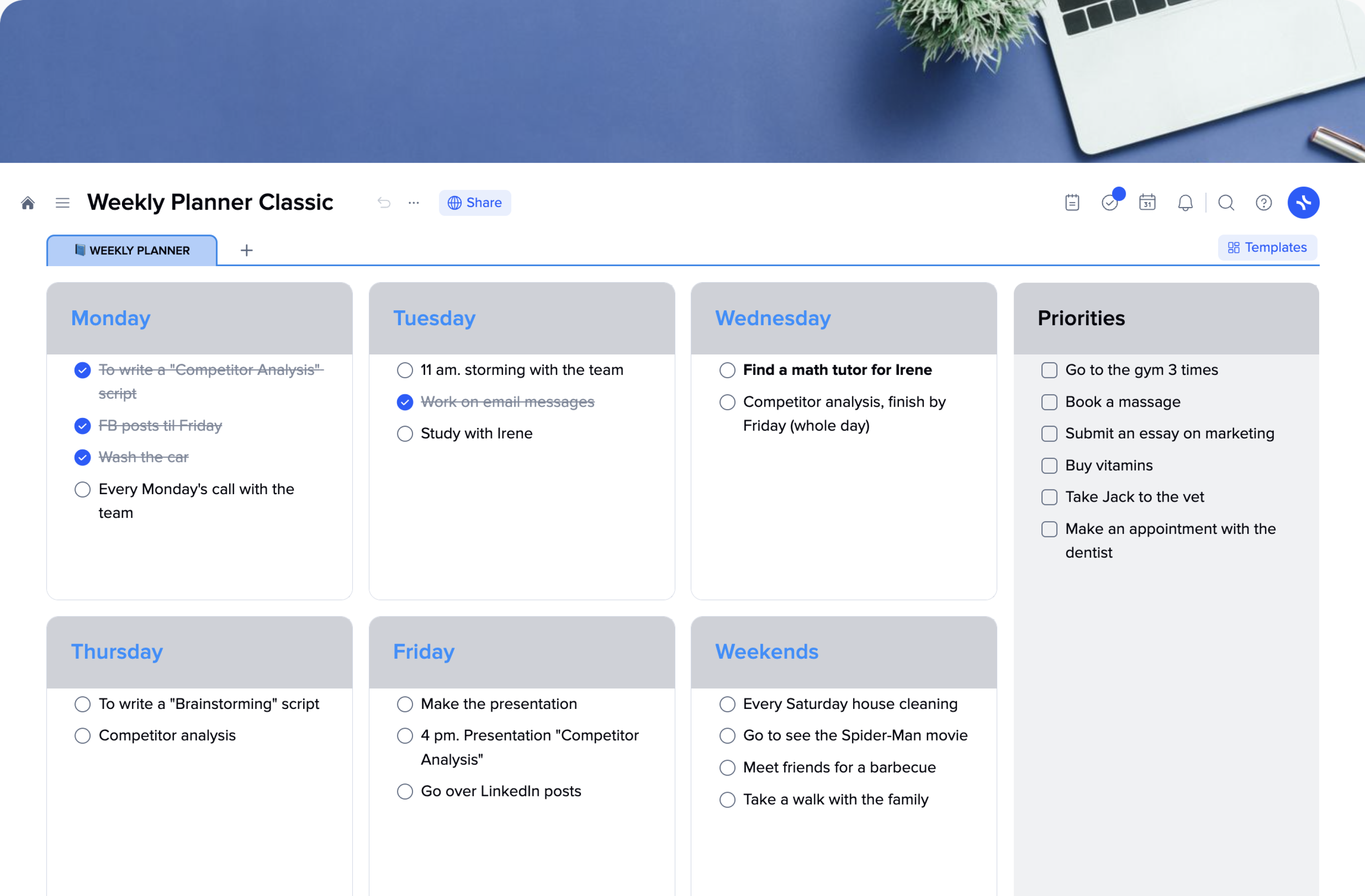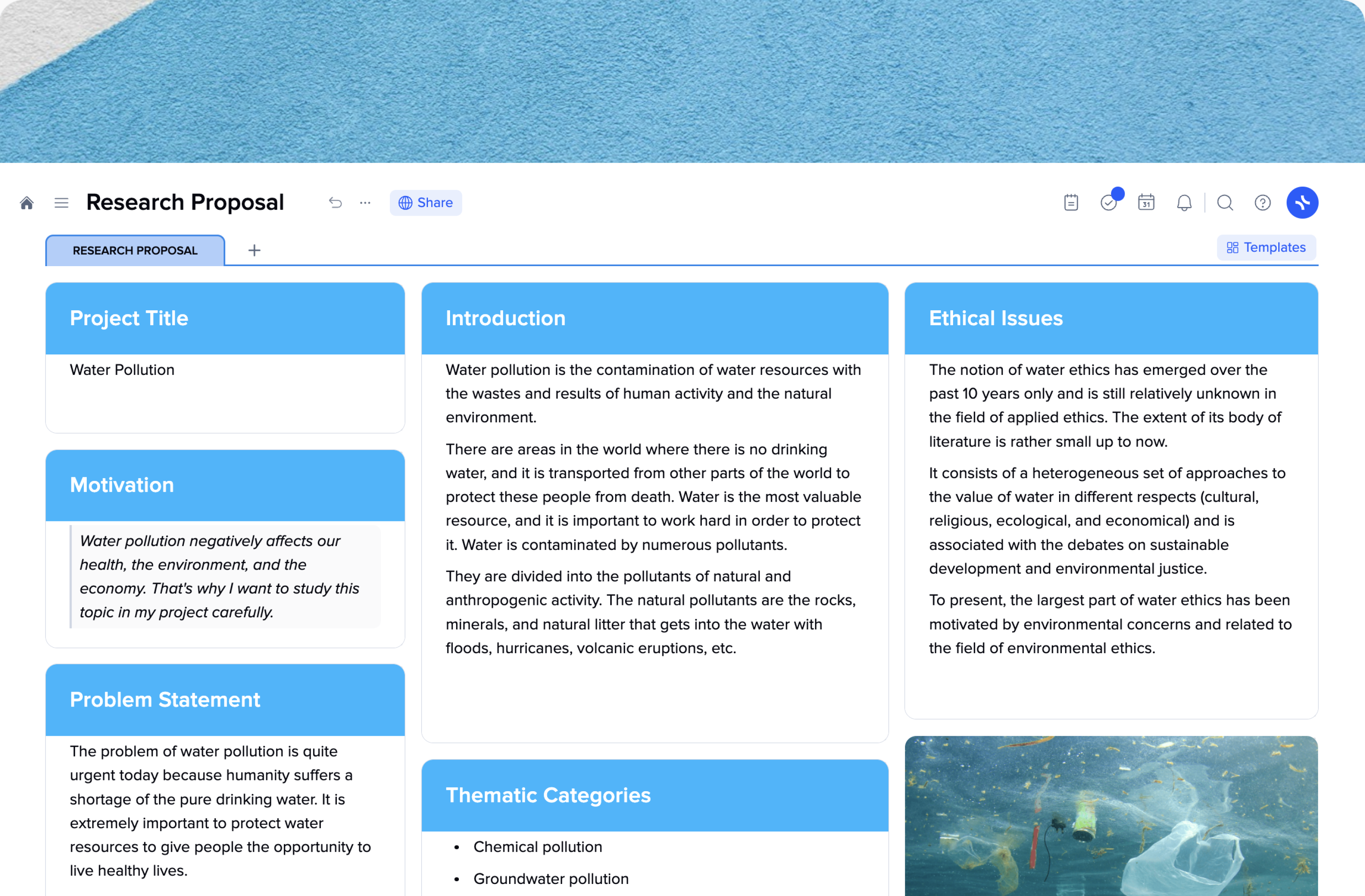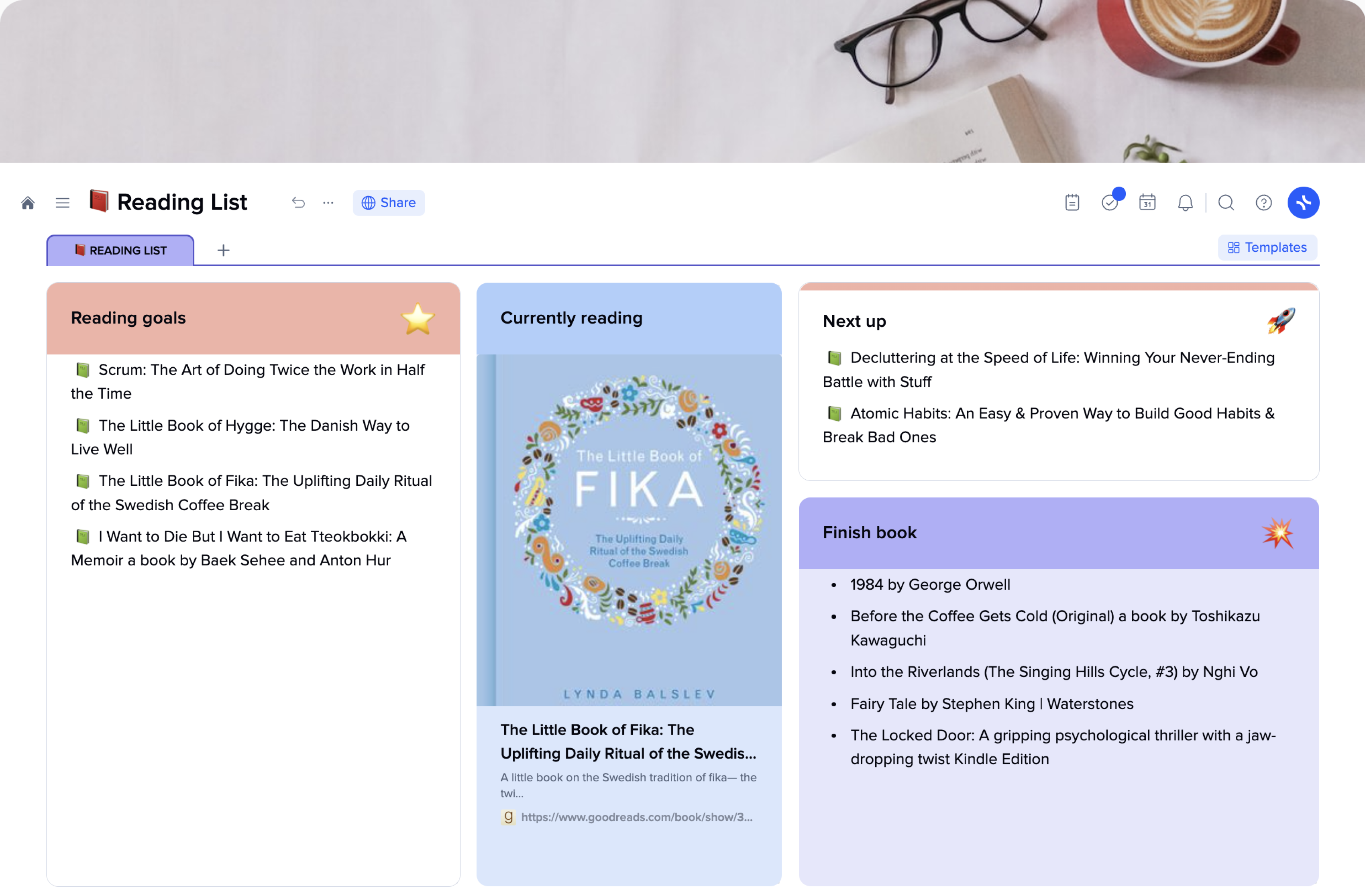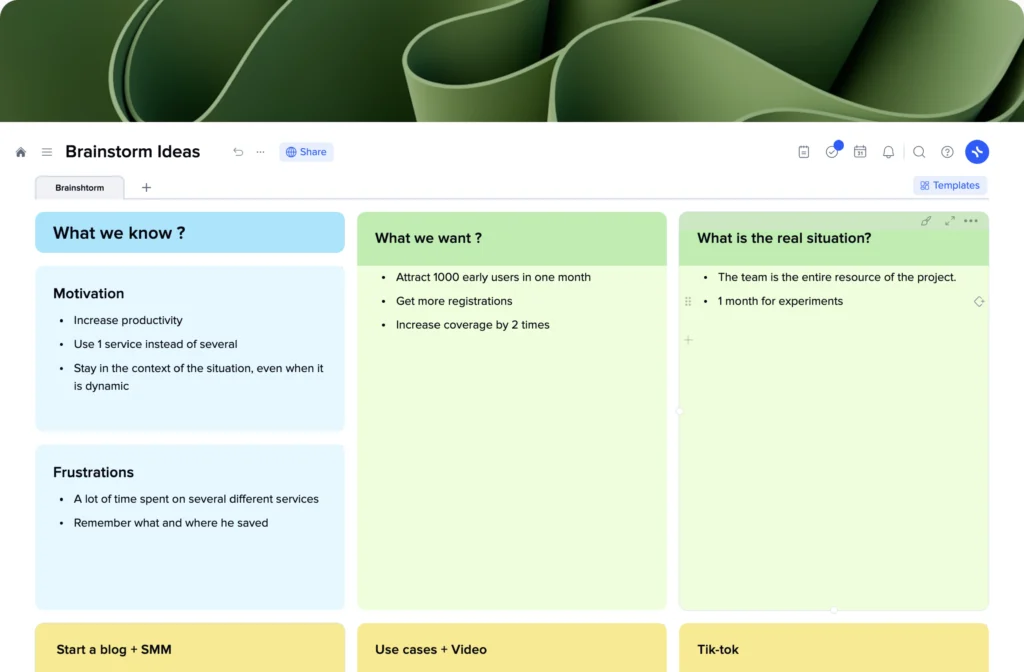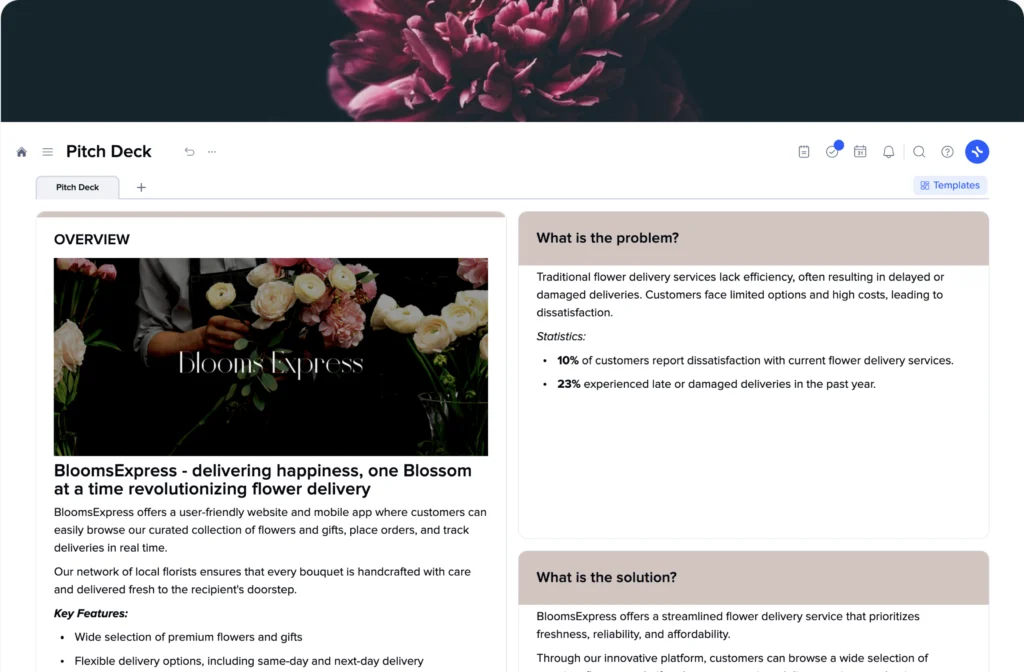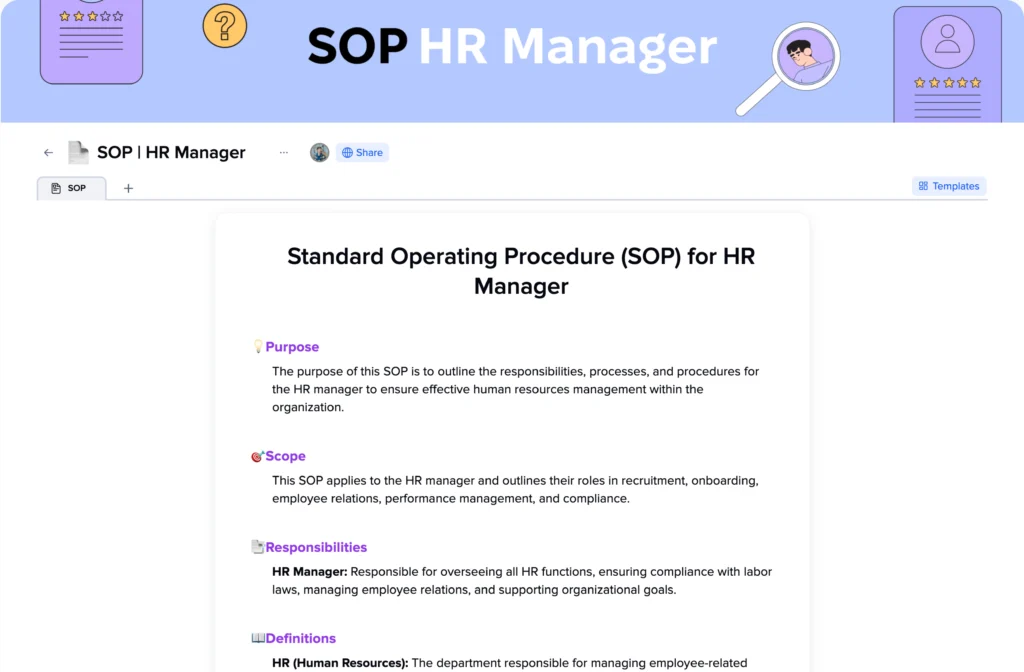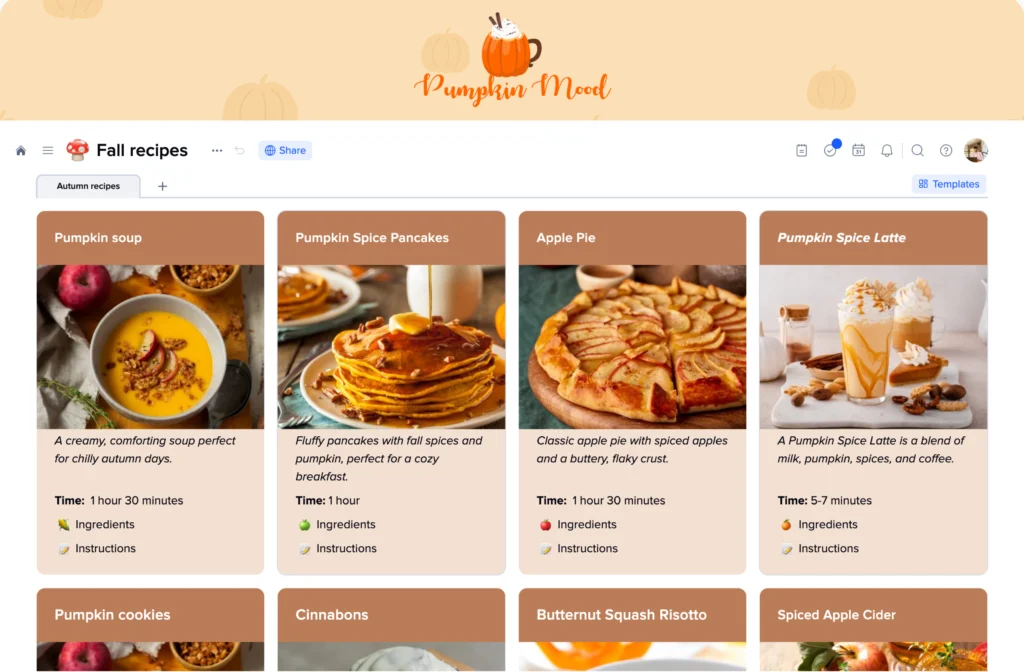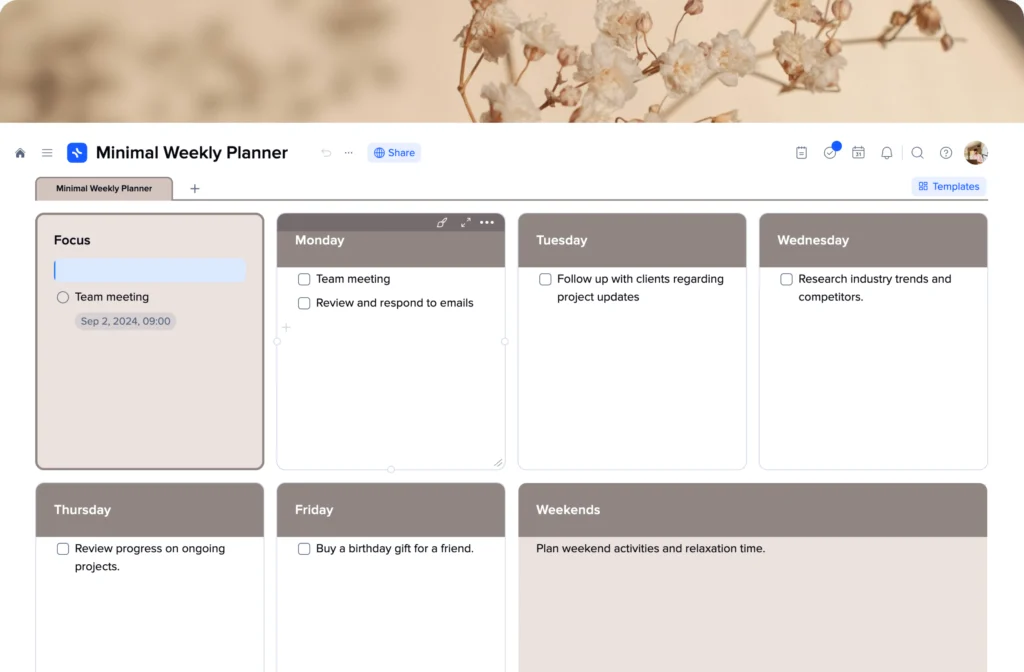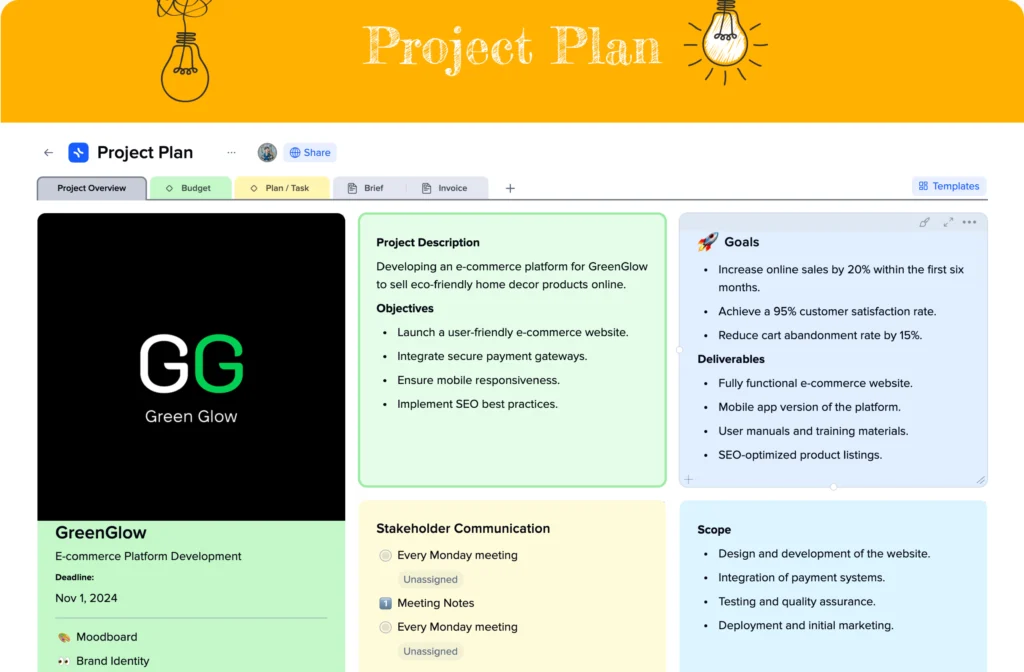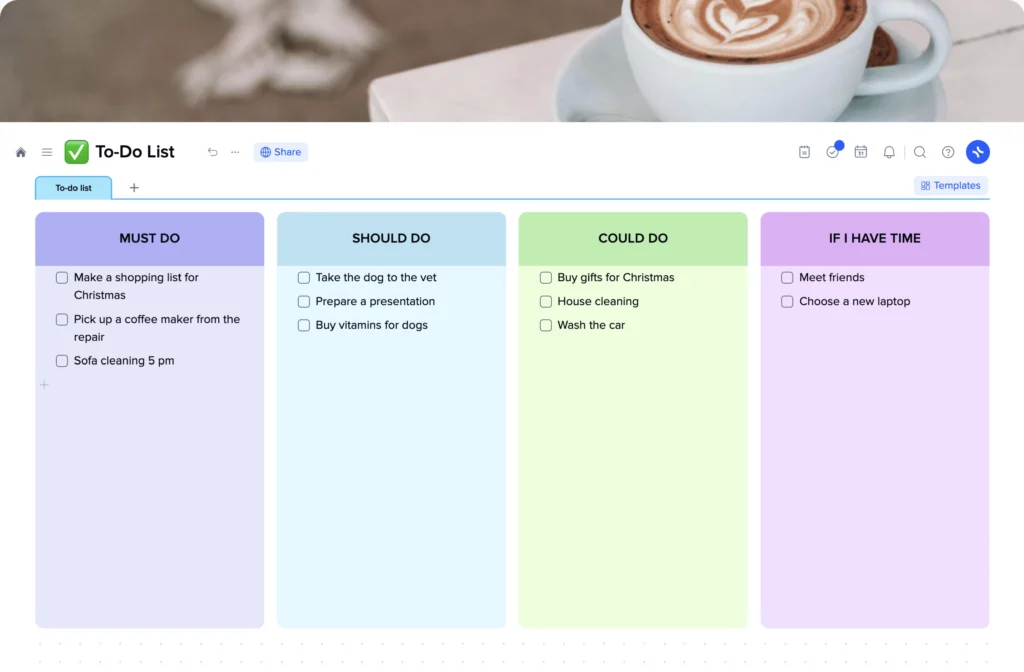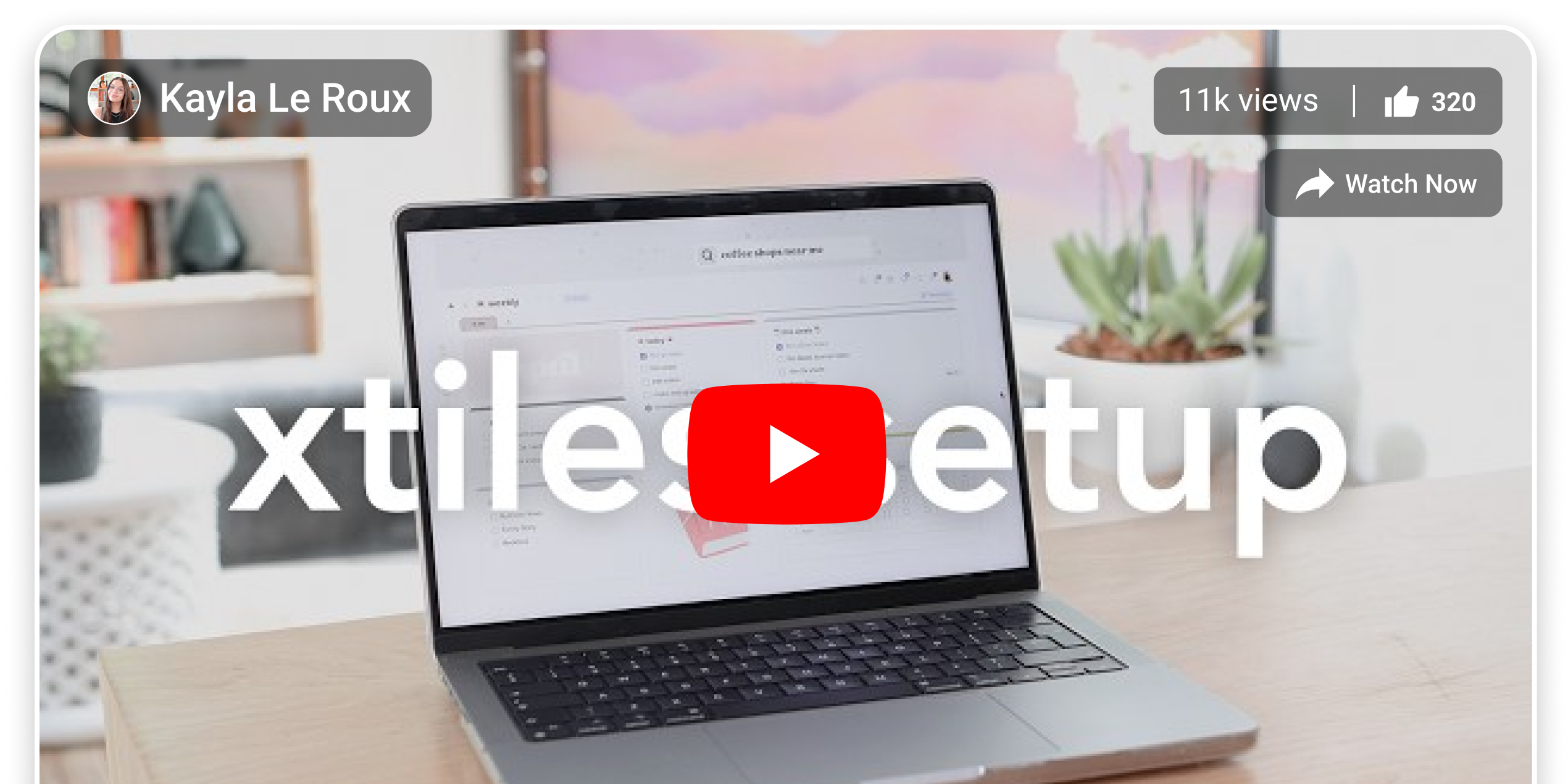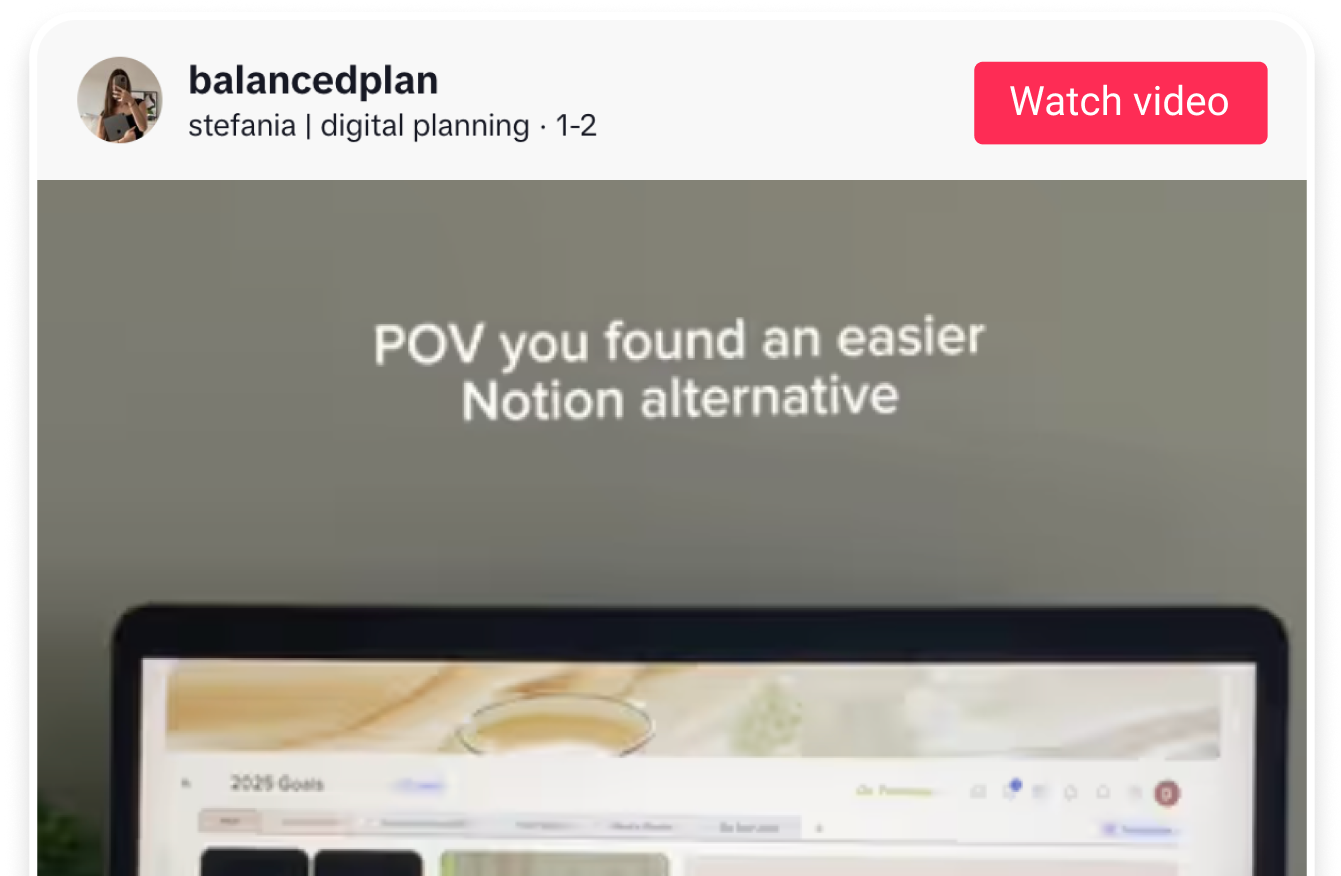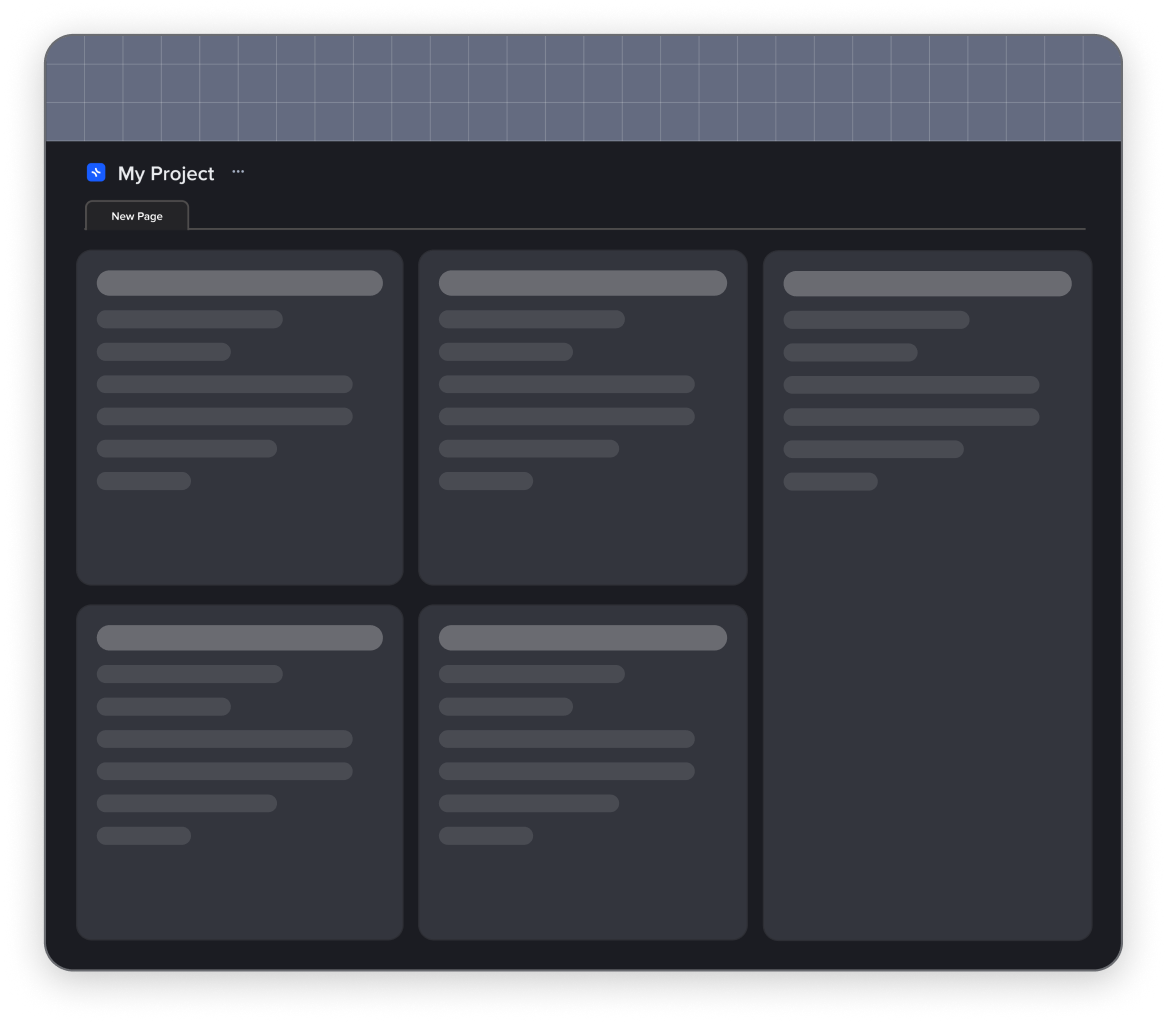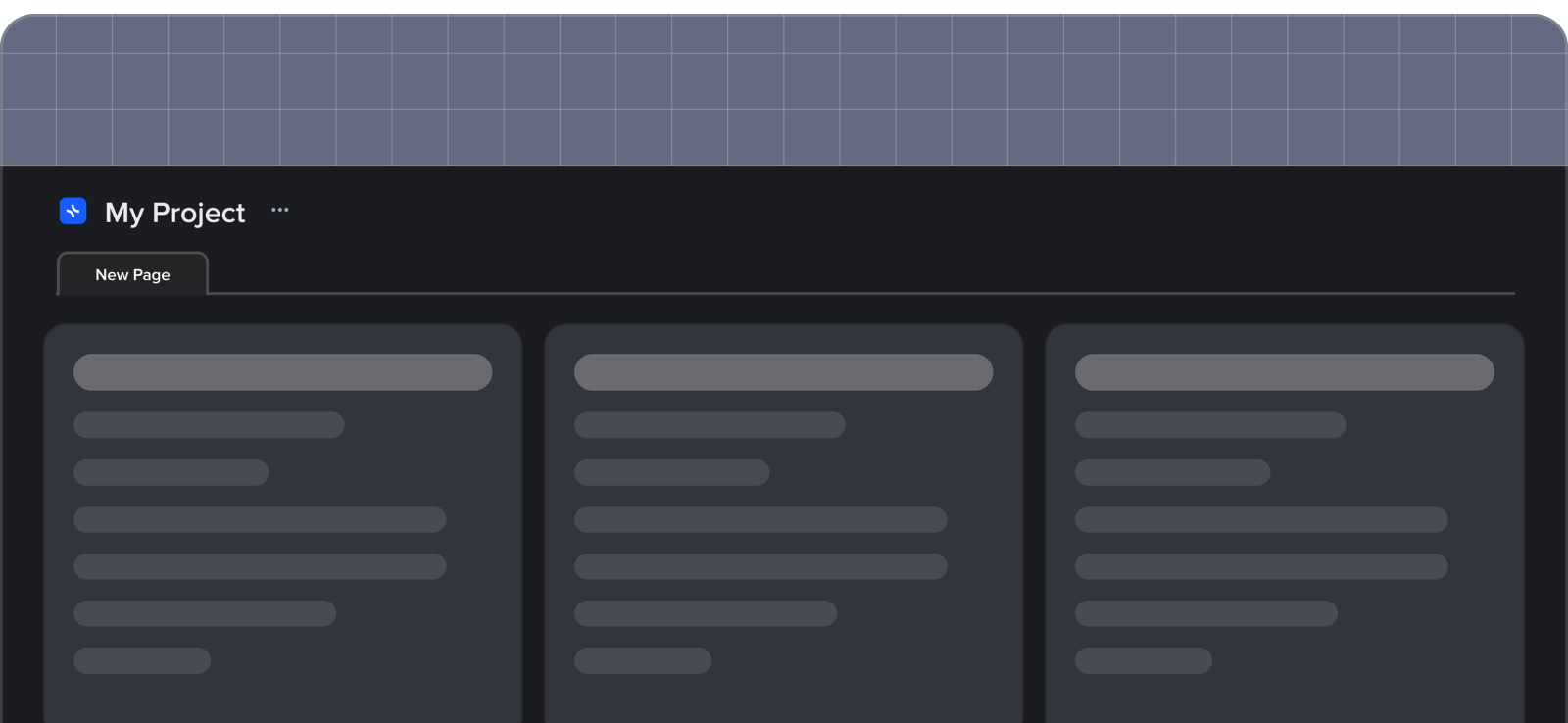Benefits of the Academic Papers template
The Academic Papers template offers several benefits for researchers, students, and academics. Here are some key advantages:
- Structured format
It provides a clear, standardized structure for organizing complex information. It will help you decide what information is too minor to be included and what facts of statistical data can’t be omitted for optimal topic revealing.
This template also helps writers present their ideas logically and coherently, which is especially useful for researchers and scientists who find it complicated to elaborate on their ideas on paper. Also, sometimes, a structured outline can help you discover something that was hidden from perception by other facts.
- Time-saving
The template offers a pre-designed layout, reducing formatting time. No need to spend time setting up a Google Docs document to organize your ideas for an article. You will be able to focus on content rather than design from the moment you access the template. Simply fill in each section with your content.
- Consistency
Using the template for your research papers, you can make sure you present the information in a uniform way across different papers within a field. That will make it easier for readers to navigate and understand your article.
- Professionalism
Very often, to get your articles published in a journal, you need to adhere to established academic standards that may vary depending on the science. Using the template lends credibility to the work. It guides you through these standards and unwritten rules to present research in a polished, professional manner.
- Clarity
The template will help you promote clear communication of ideas and findings within the whole text, whether three pages or thirty pages long and will help with unbiased evaluation, whether you like or dismiss what you’re researching.
Why the xTiles Academic Papers template will help you write your articles easier and faster
The xTiles Academic Papers template will help you write your articles easier and faster in many ways. First of all, it will become your organized research space. The template has sections for noting down key information from papers, journals, and other sources.
It will also help with quick article drafting. It has designated sections for crafting an outline, defining your audience, creating a strategy for these papers, etc. With your research and structure in place, you can write your article more quickly.
The template includes a reading list and an area for recording citation details. This makes it simpler to create your reference list and cite sources correctly in your text. You can sort your primary sources according to their status – whether you have read them yet or not. Moreover, you can add details to each card on your reading list. The board will preserve its neat look, but when you browse each card, you will get detailed information, links, considerations, comments, etc., to help light that bulb near your head.
Time-saving is a key feature of every template, and this one is no exception. It already has a structure you can follow step-by-step to get a finished article in the end, which is especially beneficial for people who haven’t written research papers. The template also breaks down complex papers into smaller, easier-to-manage parts. This makes the writing process less overwhelming.
The xTiles Academic Papers template is adaptable for different papers. Whether you’re writing a thesis, a journal article, or a conference paper, the template can be adjusted to fit your needs.


